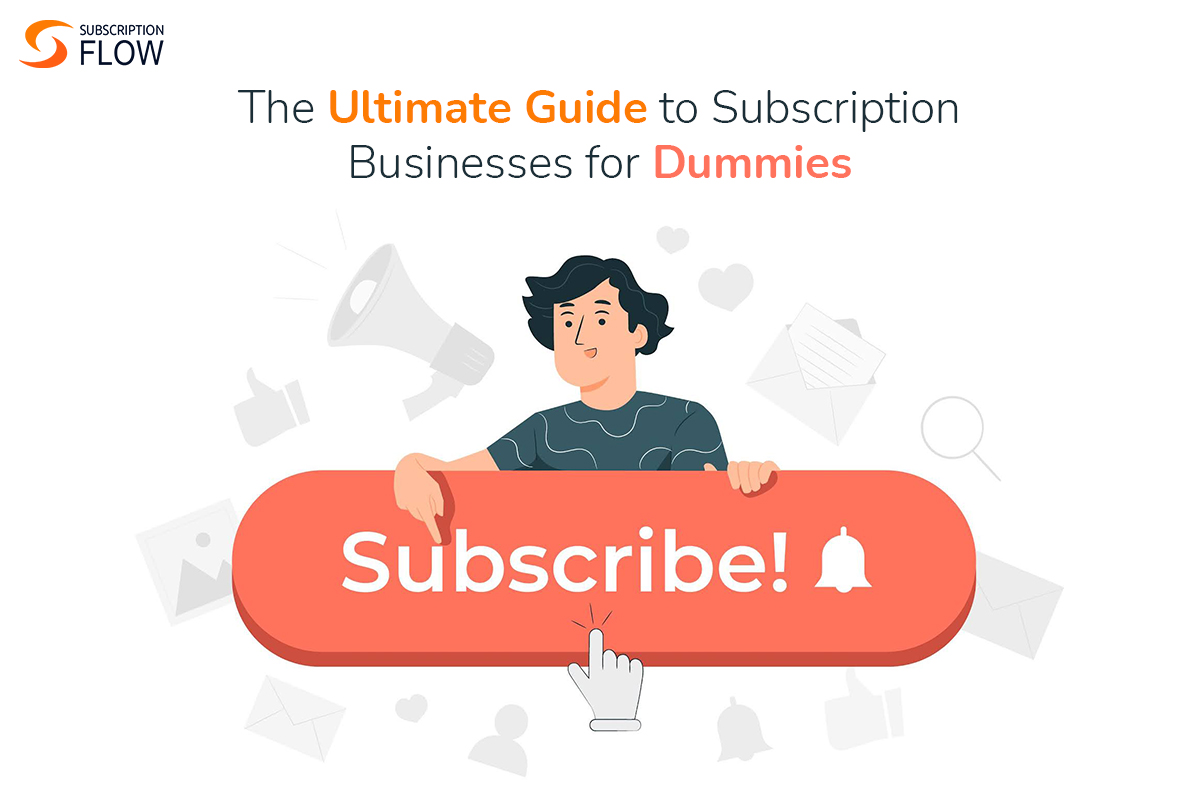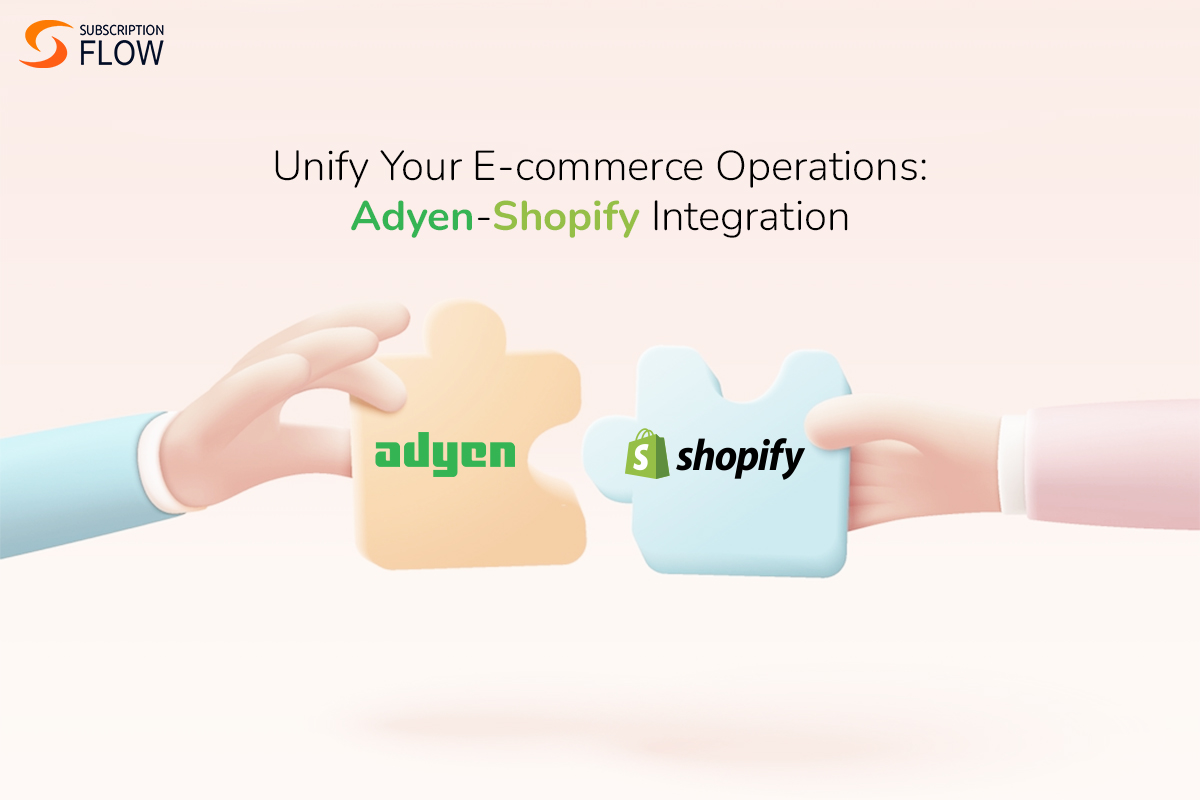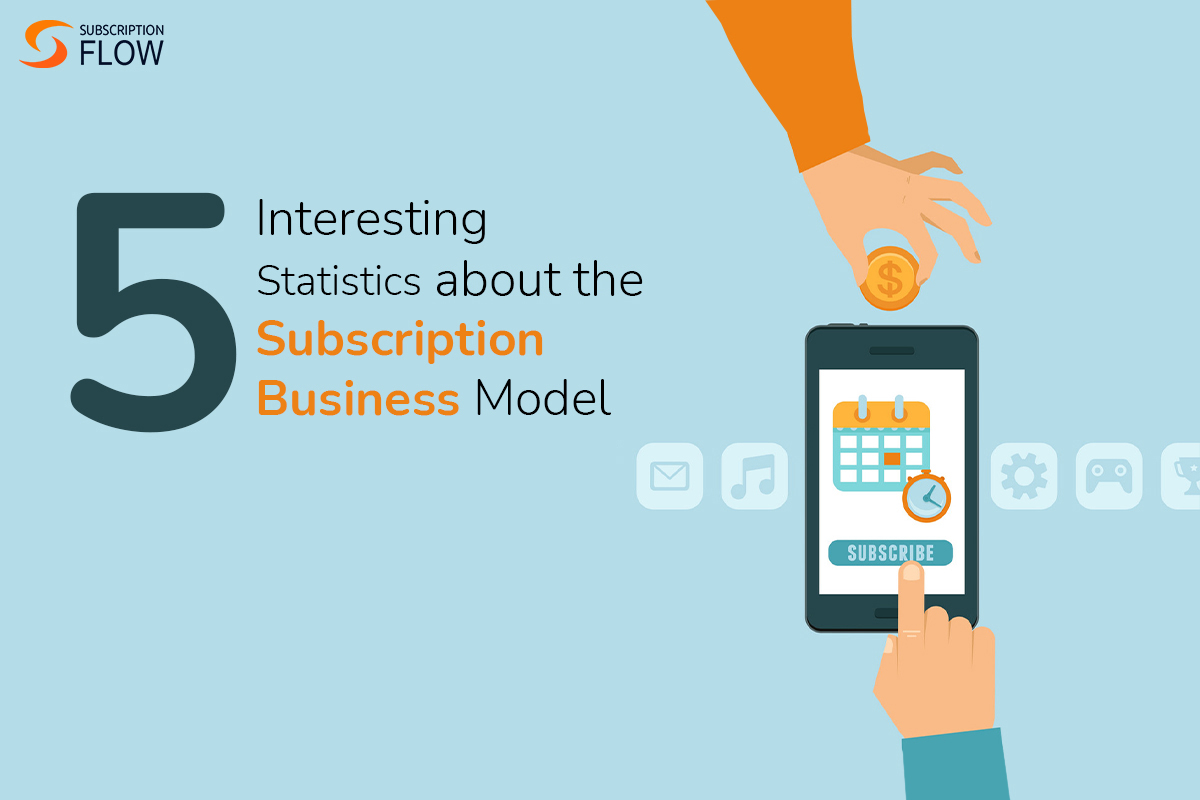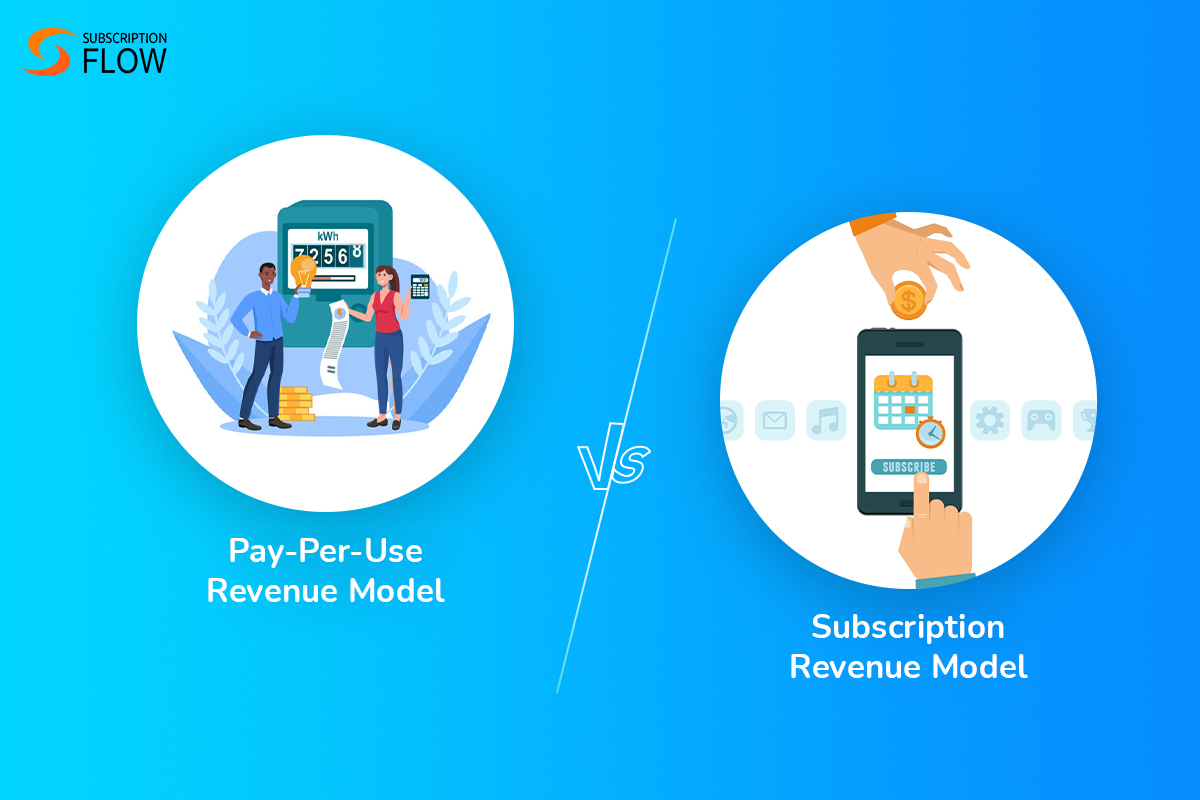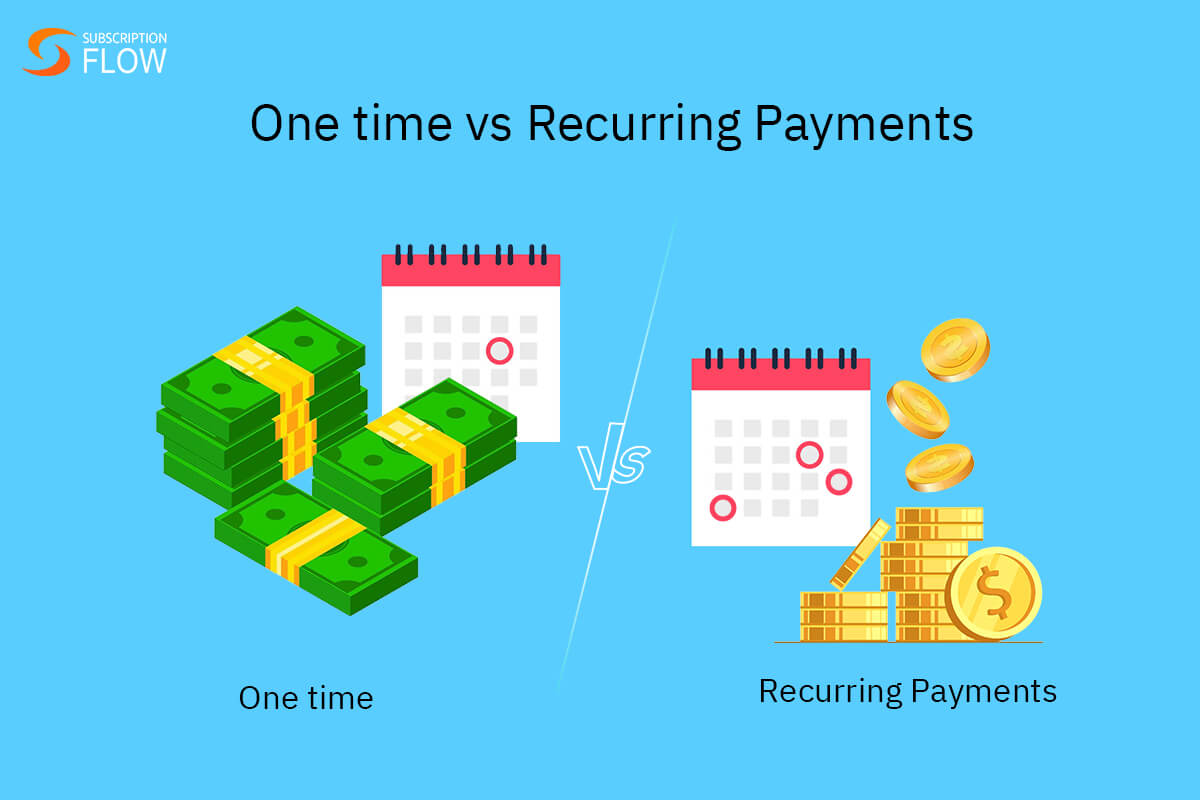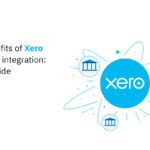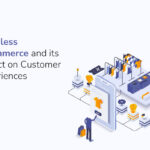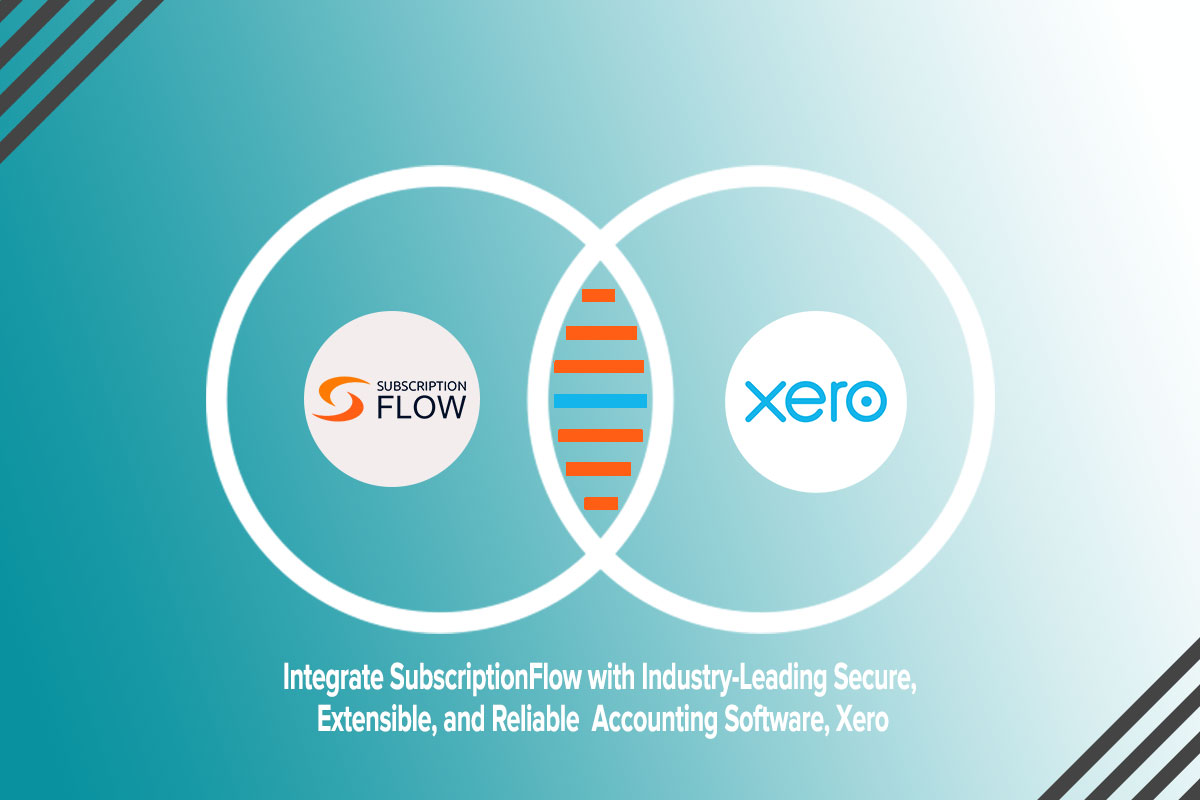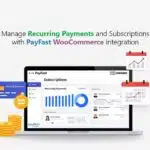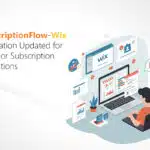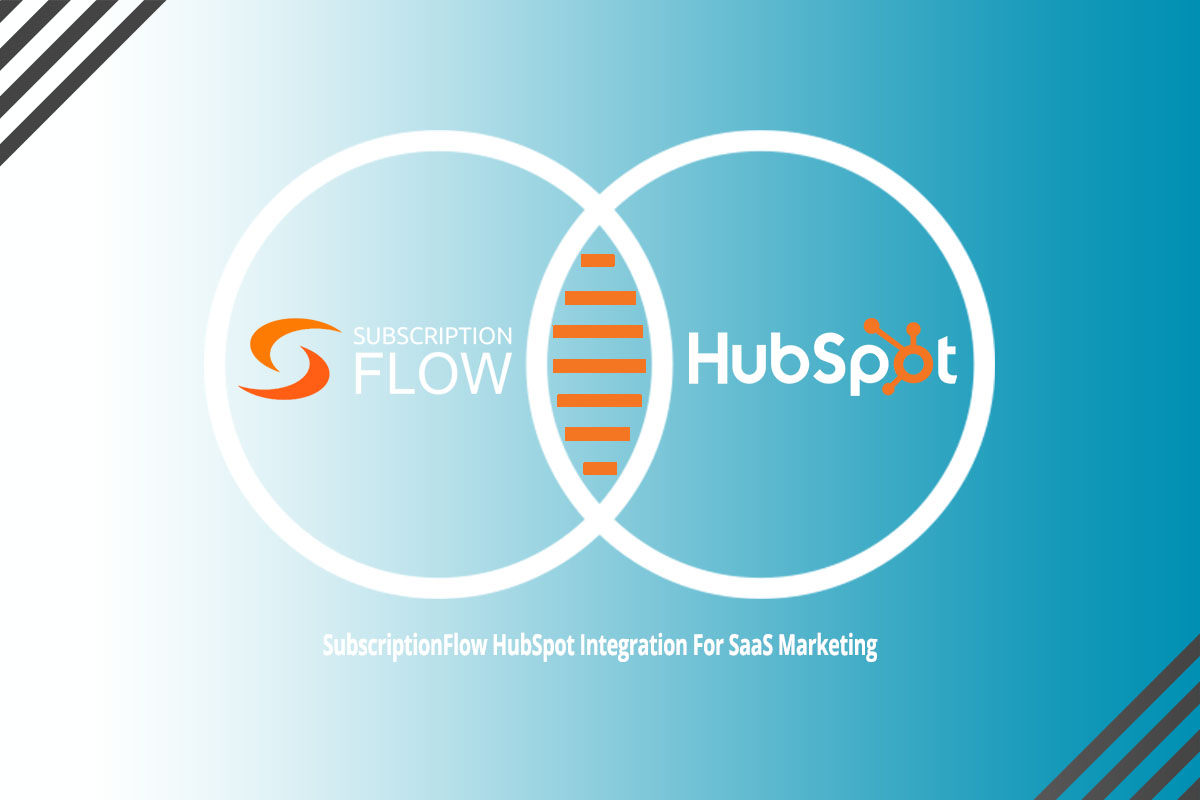
The Shifting SaaS Industry Dynamics Are Changing the Landscape of Marketing—Keep It Up with HubSpot and SubscriptionFlow Integration
Since ever, marketing is tough and the most significant job to promote a business. And, it becomes more intricate and tricky when it deals with the digital assets that neither have physical existence nor they are constant in their forms, targeted markets, or features.
The best example of such a form of marketing is SaaS marketing.
It won’t be false if we say 2020 be the decade of the SaaS. The industry has seen tremendous growth and shares in the market. With its subscription billing model, it already has replaced almost all the former revenue models in the software and cloud industry.
With its sole cloud presence and subscription business model, SaaS has also impacted the development of the other revenue operations, particularly, marketing.
This article points out some of the latest trends of SaaS marketing and how the SaaS can use HubSpot and SubscriptionFlow to keep their SaaS marketing strategies in line with these emerging trends.
Marketing Aspects Are Changing For the SaaS Industry
The SaaS industry is young and has gone highly competitive with the skyrocketed tech advancements. Kicking off a new marketing challenge, each new technological development exert pressures over the SaaS market and raise the bars for competition.
Here is an account of some of the most considerable SaaS industry developments that have impacted SaaS marketing:
-
Vertical-Specific SaaS Market Development
Earlier the SaaS sector was more focused on catering to the customers worldwide by serving broad business processes management, however, the preferences have been drastically changed now.
Today, one SaaS for enterprise alone cannot be enough to fulfill the operational needs of all the businesses. Each industry has its own requirements and they look for a dedicated and personalized industry-specific solution.
Stats suggest that the vertical-specific SaaS applications constitute the biggest chunk of the SaaS industry. This shift in the industry requirements has also impacted the SaaS marketing targets and goals. Their market has now optimized so they require the elevated and data-driven targeted marketing of their SaaS as well.
-
SaaS Transformations into PaaS
SaaS is no longer a long-time solution to stay strong in the market. The SaaS sector in recent times has shown a strong inclination towards transformation into a PaaS—Platform as a Service.
Shifting to PaaS allows SaaS to retain their customers by becoming a platform that provides high-end personalized solutions. With PaaS, customers can create add-on apps to their original product.
After reaching a certain level, the focus for a SaaS provider shifts from customer acquisition to customer retention, and one of the best ways to do that is to provide a Platform-as-a-Service that lets customers create add-on apps to their original product.
Taking the hold of their niche, SaaS are offering themselves as platforms and this revives their marketing strategies and practices.
-
SaaS Unbundling
The mounting pressures of the recurring revenue streaming press the SaaS to alter their billing models. This resulted in the unbundling of the SaaS.
Previously, SaaS has been offered as a full-featured rich product. It, eventually, led to an increase in cost because not all customers need all the features.
Today, SaaS startups have channeled a new trend to offer features in customizable packages as an API and a suite of small user-friendly tools.
To keep up with this trend, SaaS marketing has gone a 360-degree change as the form, features, and functionalities of the SaaS has completely changed.
-
Micro-SaaS Business Mushrooming
The burgeoning SaaS startups have taken the competition to the next level by offering a complementary add-on or a suite of tools to original SaaS as a solution to a missing feature.
Scaling a SaaS against these micro-SaaS startups is getting tougher and is highly impacting the needs and requirements to reaching out to the new customers.
Keeping Up with the Emerging Trends in SaaS Marketing Using HubSpot
The SaaS marketing landscape has been changing at a breakneck pace with the constantly evolving SaaS industry. The tech progression has made ‘data’ one of the most valuable assets for any business but for SaaS, it is the marketing fuel that drives the ultimate destination—the personalized customer experience.
These are some of the most latest trends in SaaS marketing to meet the challenges of the varying landscape of the SaaS sector and their niches:
-
AI/ML led Data-Driven Marketing
Most SaaS are now using artificial intelligence and machine learning to automate the basic administrative tasks and bring in transparency, efficiency, and reliability in the overall productivity. It has also become a source of valuable data that can be used for personalized marketing purposes.
The artificial intelligence modules in the marketing automation platform are essential for targeting vertical-specific services. It easily declutters and classifies their contacts into performing, non-performing, or promising leads or customers while showing data-driven opportunities in their management.
From drawing high-quality leads to reading the contact information to managing the customer engagement, AI/ML led marketing tools are required to channel data-driven marketing.
-
Price Optimization Promotion
Pricing is the most important factor to plan and peddle in the highly competitive SaaS sector. Keeping up the flexible pricing and customizable pricing model is a unique marketing hack to influence the customer.
The use of AI modules in the recurring billing software helps to determine the ideal and personalized pricing for customers that can be promoted and marketed by the marketing teams and grow lead engagements.
The data-driven pricing strategies are successfully driving the traffic for a SaaS product as these are great ways to propel satisfaction waves to the customers.
With usage-based or metered billing, SaaS can give optimized pricing solutions to its customers. It essentially goes hand-in-hand with the marketing of features which we will discuss later in this article.
-
Personalized Branding
As we have discussed earlier that the marketing challenges are quite dictated and directed by the latest technological trends. To cut the noise around various features and look-a-like tools, the best way for a SaaS to keep them elevated is to channelize the personalized marketing.
Each customer has its own requirements as per their resources, size, and budget. Tailoring a SaaS and presenting it with personalized features and tools increases the likelihood to improve the chances of conversion.
Personalized Branding works great for customer retention as well. Personalized branding of the features in the forms of information, education, and a solution to the industry-specific or customer-oriented problem is a progressive hack to persuade customers for upgrades or cross-sells.
-
Native Advertising
Native ads or in other words, the paid ads are one of the most effective marketing strategies to hit the customer right on time. Through the ad-block ratio has risen to its highest level still the native advertising works best when the customer has been reached right on time when they are looking for something.
With appropriate and personalized native advertising, customers can be attracted to visit a site and learn more about the product or the services that can help them resolve their issues. Of course, it does not work with the large-scale SaaS products though it is great when blended with targeted feature marketing led by artificial intelligence.
With HubSpot, managing, scoring, and optimizing the paid ad campaigns is easier, better, and faster.
-
Targeted Feature Marketing
Targeted feature marketing is successfully helped the micro SaaS businesses to capture the market and make the competition tougher with exclusive tailored tools promotion that can easily be integrated into their CRM or ERP.
Pricing promotions in combination with feature marketing also help SaaS sales, billing, payment, marketing, team management, and other applications to attract leads.
HubSpot leveraging data from other applications
-
Engaging Video Marketing
Video marketing is the most affluent trend in digital marketing. The easy consumption of the content and quality impact of content through creating a video has shown more results and more targeted and high-quality flow of the traffic to the engagement phase.
In SaaS marketing, informational, educational, as well as promotional content presented through the video format appeals more business and provides more customer engagement.
-
Customer Retention Focused Content Marketing
For SaaS business, the ultimate marketing goal is to retain a customer. The data-driven researched and high-quality content is the most resourceful marketing technique for SaaS customers.
Content can be of any type—social media, display ads, blogs, podcasts, e-books, slideshows, documents, or any.
Depends on the stage of the user and engagement intensity, the marketing content should be optimized to target upsells and cross-sells.
HubSpot is one of the most advanced content marketing management platforms that offers assistance to make content more relevant and personalized for the user.
Also Read: Combating Churn for a SaaS—Use Content to Attract, Educate, Convert and Retain Customer
Integrate SubscriptionFlow with HubSpot and Deals with the Marketing Challenges
To keep up with the SaaS growth challenges, SaaS businesses need data-driven marketing solutions. And, the best way to scale SaaS, grow the bottom line, and make the most of their data is to integrate SaaS subscription management software with a robust marketing tool like HubSpot.
HubSpot is one of the most celebrated marketing automation platforms that can easily be integrated with the subscription management software and other SaaS to leverage the data and use its own AI/ML-enabled modules to devise and meter marketing strategies and campaigns for targeted and result-oriented outreach.
HubSpot uses artificial intelligence and provides stellar marketing solutions with other features like:
- Data Cleanliness
- Business Card Scan
- Deduplication
- Easy Imports
- Automatic Call Recording and Transcription
- Automatic Email Content Capture
- Contact Recognition and Organization
Integrating HubSpot with SubscriptionFlow makes it easier to use subscription data with the AI-led features as the one-stop SaaS marketing destination for high-quality lead generation, management, and scoring for conversion, retention, and other marketing attribution for improved customer experience.


